The world has entered a new and perilous era of industrial policy, where traditional goals of economic growth are being challenged and often displaced by urgent agendas of national security, supply chain resilience and climate change, a panel of leading economists and former policymakers warned on June 5.
At a forum hosted by the Peterson Institute for International Economics, experts agreed that while industrial policy is "back with a vengeance", its current application is fraught with risk. They said that poorly designed, protectionist policies, often justified by vague notions of security, could inflict serious damage on the global economy.
The discussion, part of the 42nd Pacific Trade and Development Conference, highlighted a fundamental divergence between the security-driven industrial policies of the United States and the growth-oriented priorities that remain central to the Asia-Pacific region.
"This really is, at least in a country like the United States, a very different era for thinking about industrial policy," said Chad Bown, a senior fellow at PIIE and former chief economist at the US State Department. "A lot of the frameworks that we had developed in the past aren't quite right for helping us understand what's going on today."
Bown said he traced the US pivot to the COVID-19 pandemic, which exposed vulnerabilities from product shortages of personal protective equipment and the subsequent need to scale vaccine production. This, he said, made policymakers "really freaked out" about the concentration of supply chains.
The core concern for advanced economies, Bown argued, is no longer about maximizing growth but about mitigating the risk of being "cut off from supplies of some essential product, oftentimes because of the market dominance position of a potential adversary".
Mari Elka Pangestu, a former Indonesian minister of trade and a distinguished visiting fellow at PIIE, provided a global overview, noting that the resurgence of industrial policy is widespread and being deployed "with limited regard to disciplines and WTO rules".
"The objectives and motivations are new," Pangestu said. "It's no longer just about economics related to correcting market failure … but the new motivations are more related to national security, climate change, resilience of supply chain and strategic competitiveness."
She said that many current policies lack clear objectives, fail to embed monitoring and evaluation and are susceptible to influence from vested interests, leading to "very poor targeting and weak enforcement".
Ann Harrison, a professor at the University of California, Berkeley, and a leading scholar on the topic, argued that while industrial policy is here to stay, its success hinges on adhering to strict principles. She outlined six guidelines, emphasizing that any successful policy must be combined with fostering competition.
Drawing on her research of China's experience, Harrison said that tariffs are the worst policy instrument. "Why are tariffs the worst performers? Because they inhibit and restrict competition. So it's the absolute worst instrument," she said.
Danny Quah, dean of the Lee Kuan Yew School of Public Policy at the National University of Singapore, urged for conceptual clarity, warning against the danger of conflating all government intervention with industrial policy. He said that the broad and often careless use of the term risks "mission creep" and sets policies up for failure.
Quah talked specifically about the overuse of security as a justification for economic intervention. "The danger is that economic security is the nuclear bomb. It dominates everything else," he said. "Once you put in play an argument about economic security, about keeping your people safe, nothing else matters."
This approach, he said, is fundamentally different from the perspective in Asia, where growth, stability and public well-being remain paramount.
Ross Garnaut, a professor emeritus at the University of Melbourne and former Australian ambassador to China, offered a path forward amid the breakdown of the US-led trading system. He said that the rest of the world must avoid emulating American protectionism to prevent the widespread economic damage seen in the 1930s.
Garnaut pointed to "a future where global development continues, even in a less US-centric world".
"The world is large enough to accommodate continued internationally oriented growth throughout the world without the United States," Garnaut said, suggesting that a "critical mass" of countries — including the ASEAN nations, Japan, South Korea, Canada and Australia — could maintain an open, non-discriminatory trading system.
In this challenging environment, Garnaut highlighted the constructive role China could play. He said that the success of the Chinese economy was a factor in the new global landscape and proposed that a domestic policy shift within China could ease global trade tensions.
"The best solution to that is a macroeconomic adjustment in China: expansion of domestic demand, reduction of net exports, raising the standards of living of the Chinese people," Garnaut said. He described this as "very much in the interest of China" and "probably a necessary condition for both the success of the Chinese economy and the world economy in this difficult period".















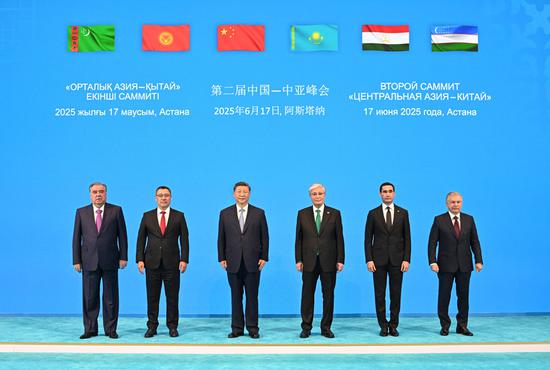





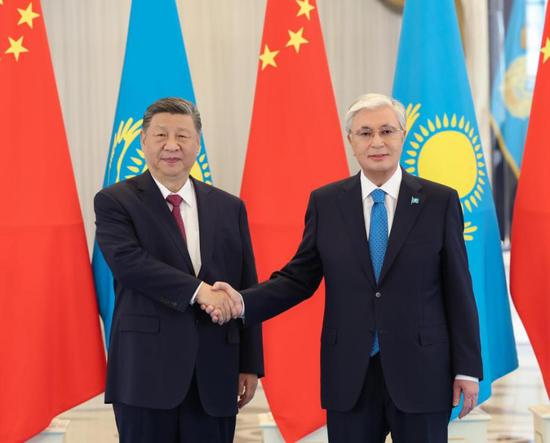



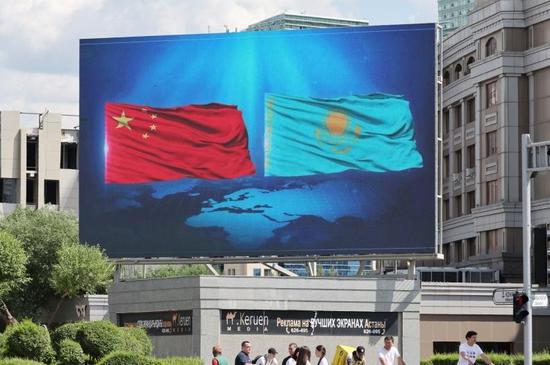
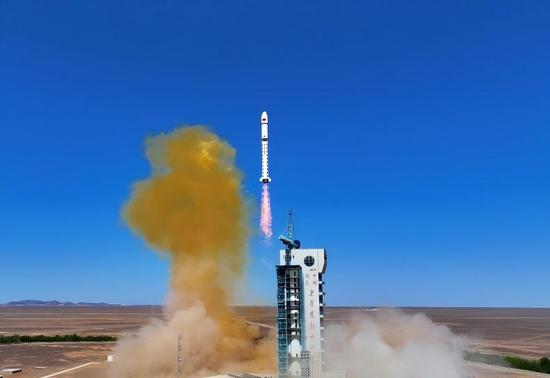
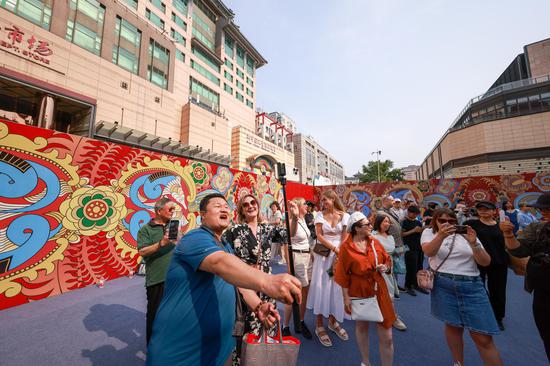
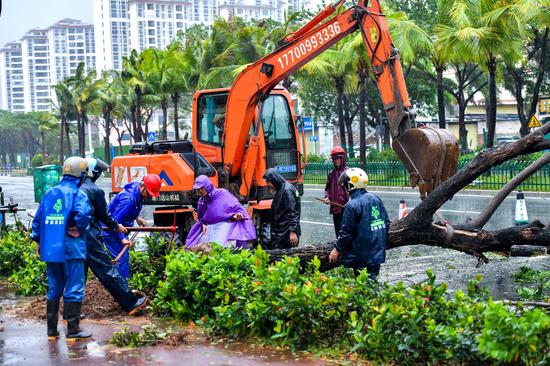

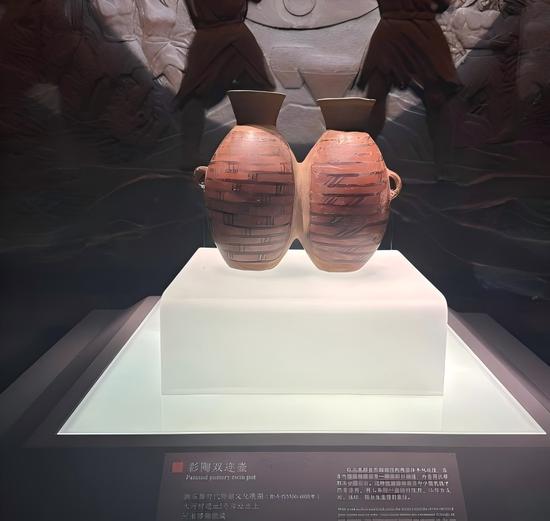
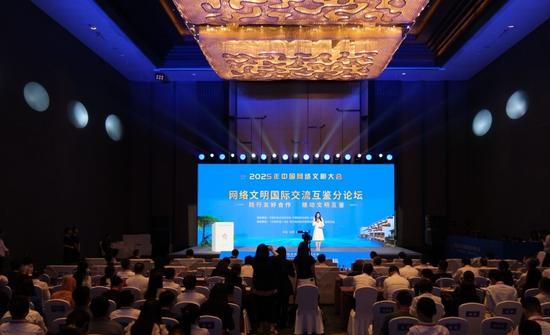




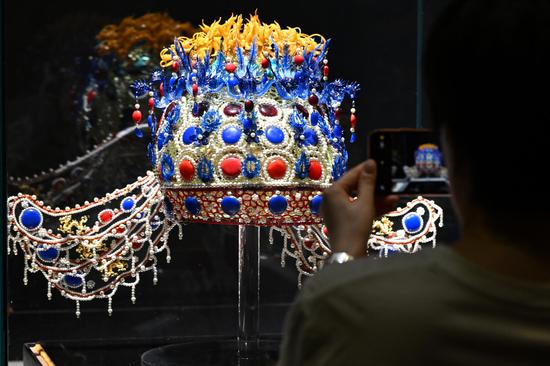



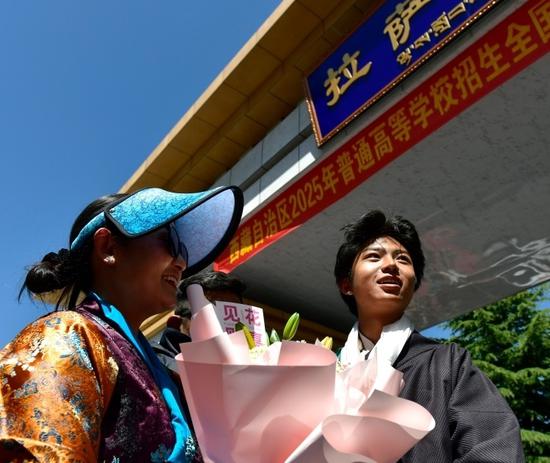









 京公網安備 11010202009201號
京公網安備 11010202009201號